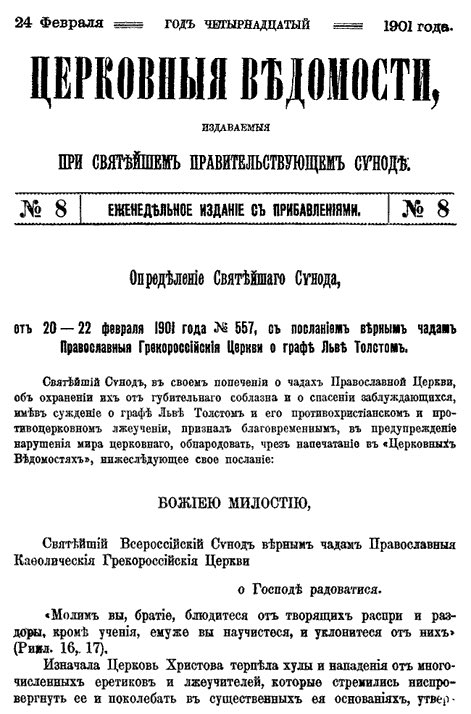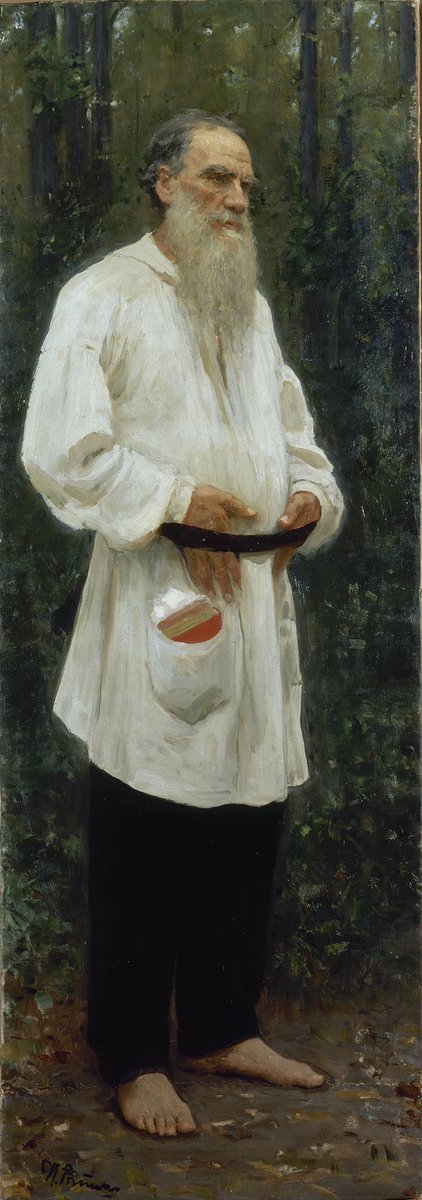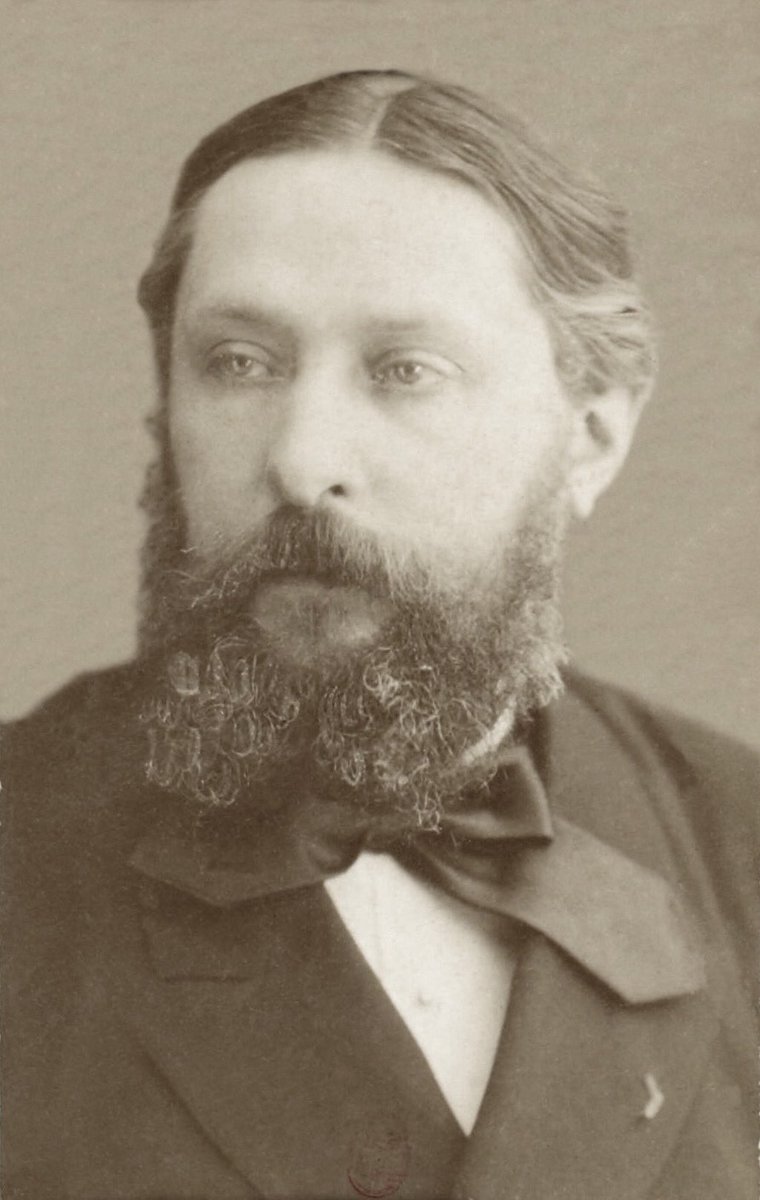
These days I spend so much time listening two great Russian intellectual figures, perhaps the greatest that experienced a much of Russia’s Soviet and post-Soviet history that I have almost no time for current politics. These two are the Edvard Radzinsky and Vyacheslav
Vsevolodovich Ivanov (the linguist, not the symbolist poet, who was his distant relative). And although their personalities, styles and areas of interest were different (with literature & poetry the main overlap), their views are very complimentary and even one may say, different
expressions of the same basic outlook. I already translated a fragment of Posner’s interview with Radzinsky here:
https://twitter.com/akoz33/status/1407399539917606916
So now in the turn of an interview with Ivanov conducted by Leonid Velekhov, in which he talks about genius, Kapitsa, Einstein and God.
Ivanov: Additionally I think that a very important side of genius is the ability to solve problems which to other people seem simply unbelievable. Kapitsa told me, my father was a great friend of the older Kapitsa, Pyotr Leonidovich, the Nobel prize laureate,
and as a consequence I also became his friend, in spite of the great difference in our age.
He told me about one dispute he had with Einstein.
He told me about one dispute he had with Einstein.
At that time Kapitsa was making his first interesting experiments with Rutherford, he was in England and his stay there was suddenly broken by Stalin, who did not let him return to England.
But while he was still in England, Einstein invited him and tried to convince him to make experiments involving using magnets problems of super high energy, roughly the ball lightning problem ( en.wikipedia.org/wiki/Ball_ligh… ), which at that time was not understood.
Kapitsa, being a great experimenter, argued with the great theoretician, saying that this thing is unrealisable, but Einstein insisted. Then Kapitsa asked: and who told you that such a thing is possible?
To which Einstein answered: “God”. And near the end of his life Kapitsa, at the time when he was in disgrace and had to continue his experiments in his garage.
After his letter to Stalin against Beria, they separated him from all his projects, but he remained an experimental physicist in his garage. And then he realised all these experiments and they turned out possible.
This is very interesting that there is…, here the important thing is not the interpretation of this word “God” but the fact that some insurmountable obstacle that exists for other people can be surmounted.
Velekhov: And did Pyotr Leonid Kapitsa arrive at a belief in God?
Ivanov: You know, yes. He spoke very interestingly about this:
Ivanov: You know, yes. He spoke very interestingly about this:
he said that he arrived at the conclusion that all these laws of nature that he has studied, follow a certain overall principle.
That is, he did not speak about anything anthropomorphic but about the existence of some sort of plan, some scheme behind all of it, and he told me that in his experience many great physicists,
he mentioned Academician Leontovich (en.wikipedia.org/wiki/Mikhail_L… ), with whom he discussed this, when they when they were both in their eighties, they arrived at the conclusion that physics leads them to this idea of an overall plan.
Velekhov: Remarkable. I remember how his son said of himself as “I am an Orthodox atheist”.
Ivanov: laughs
Ivanov: laughs
• • •
Missing some Tweet in this thread? You can try to
force a refresh







